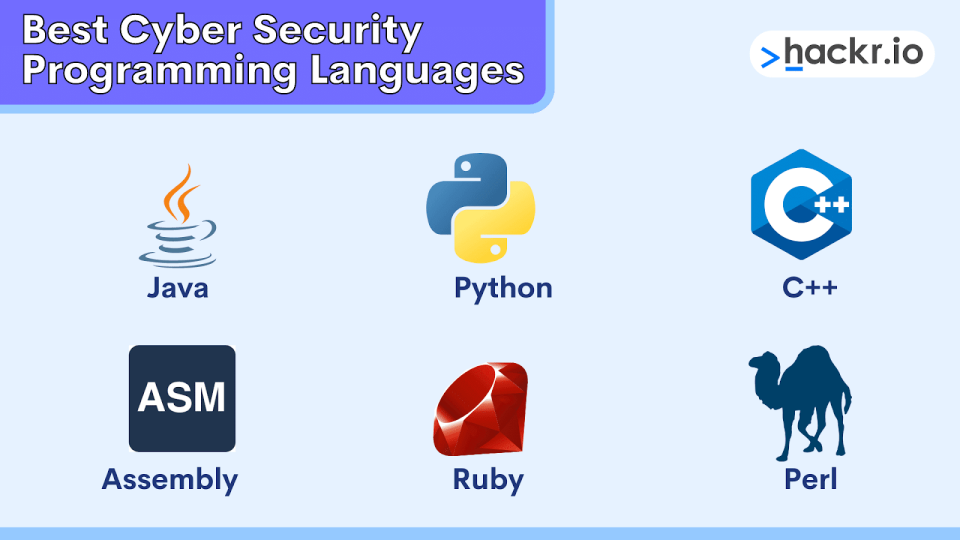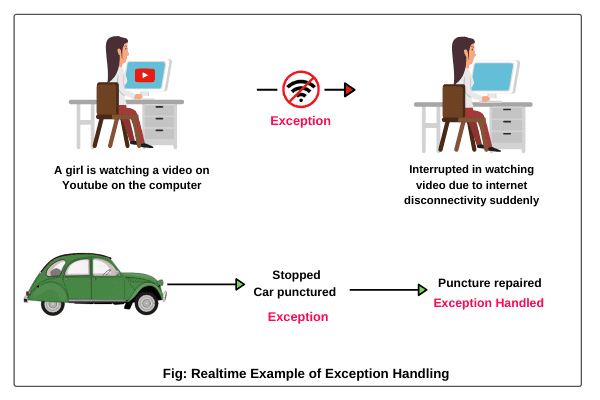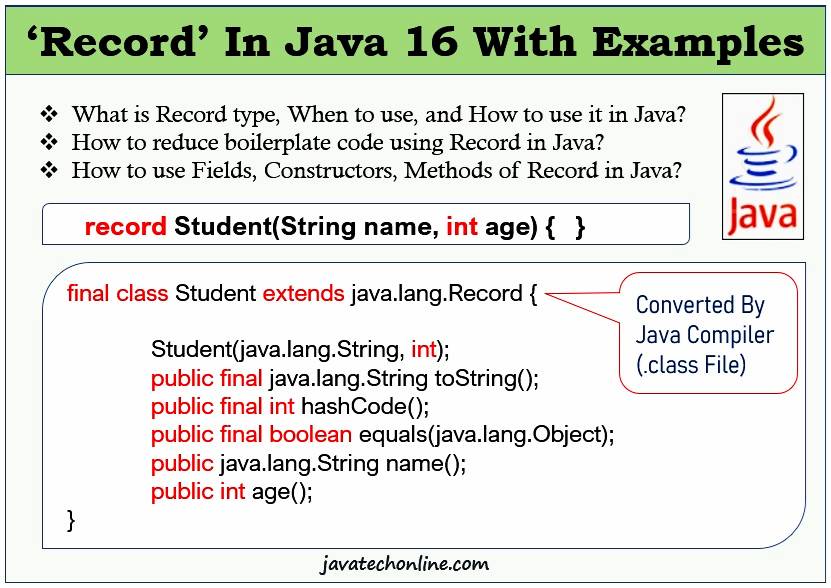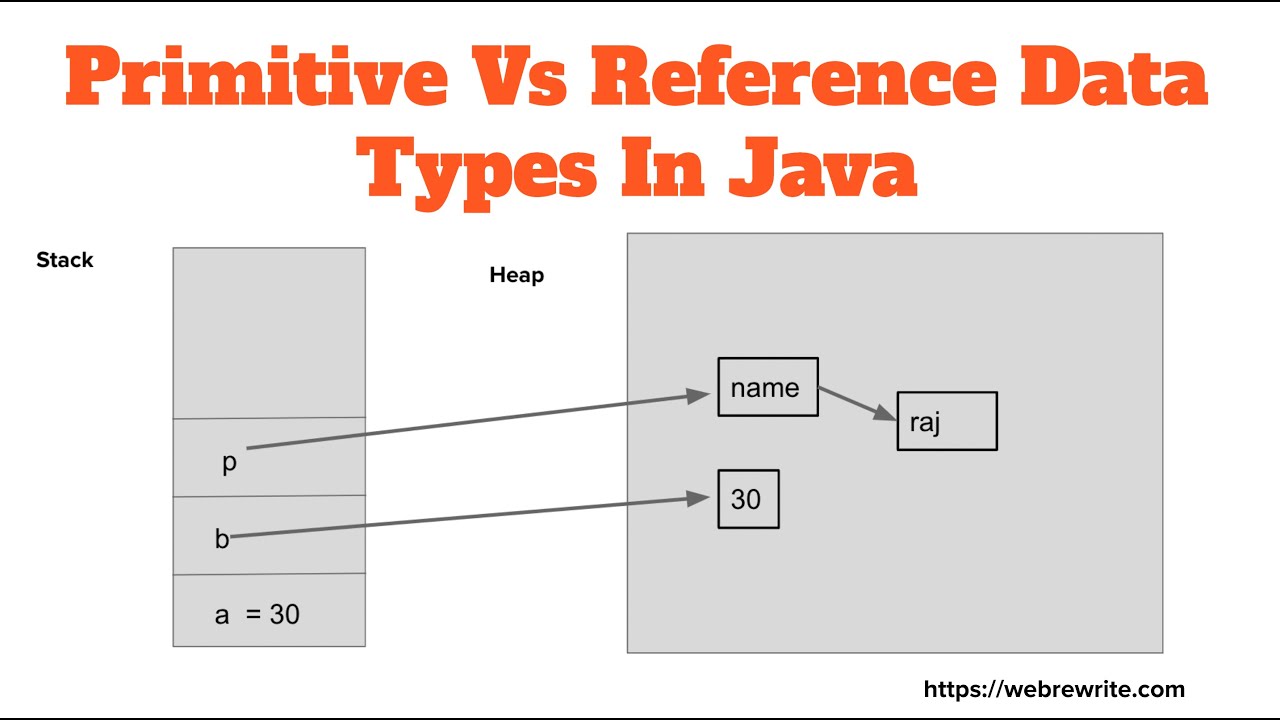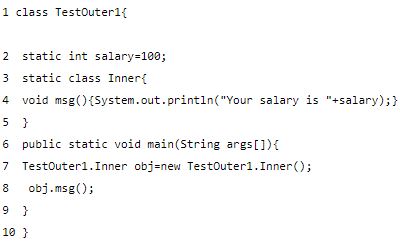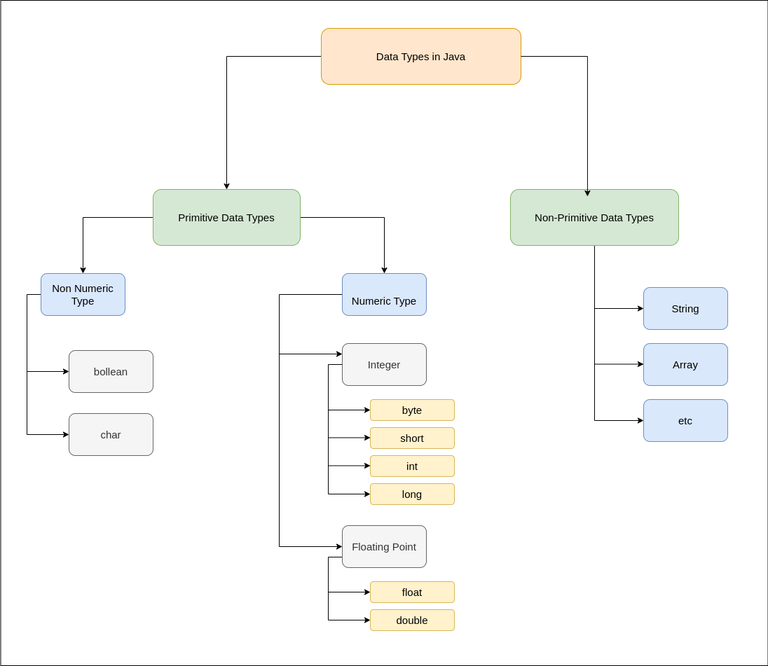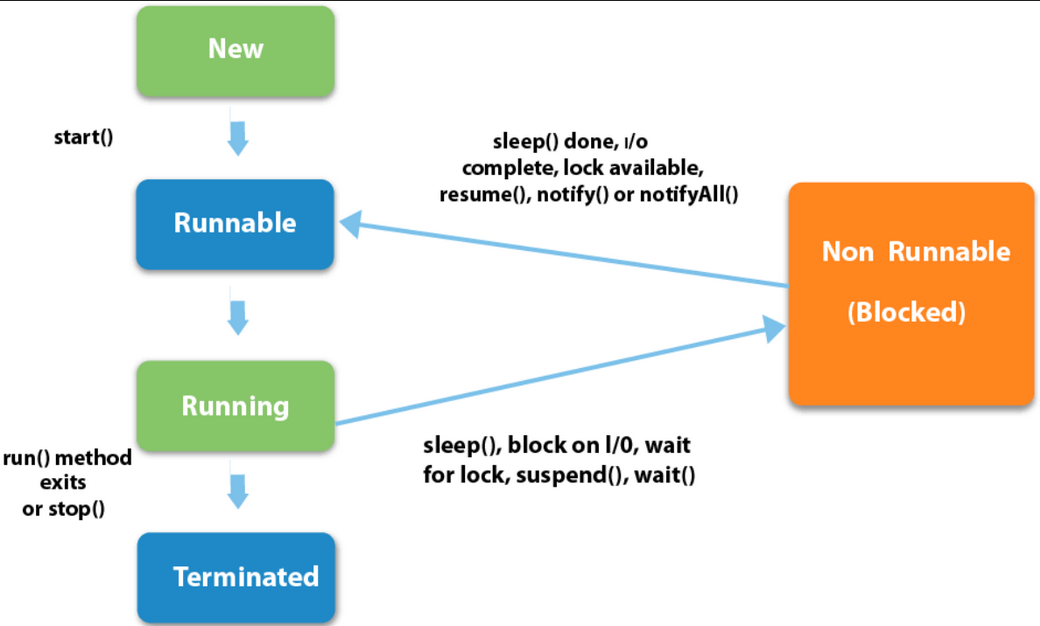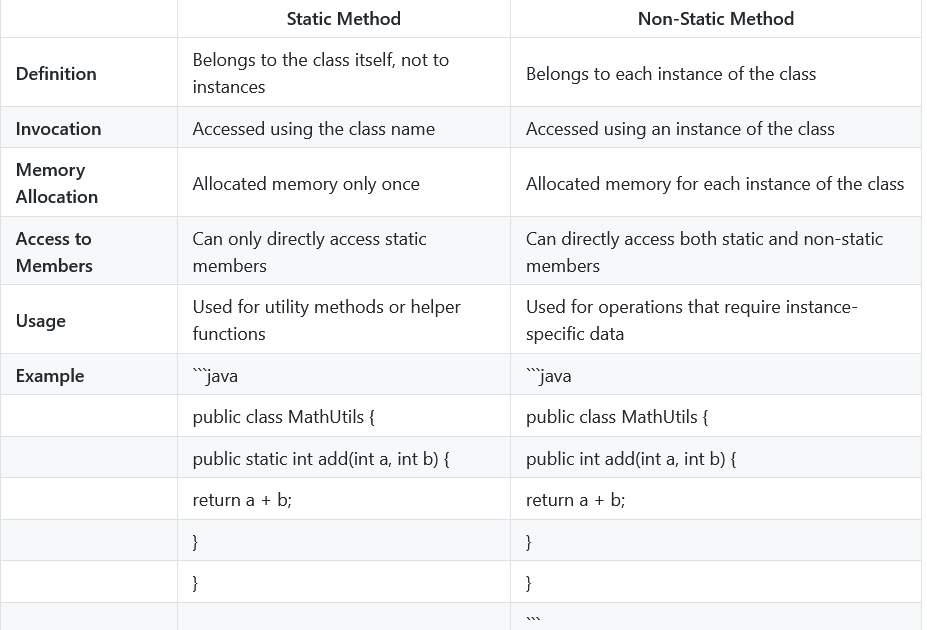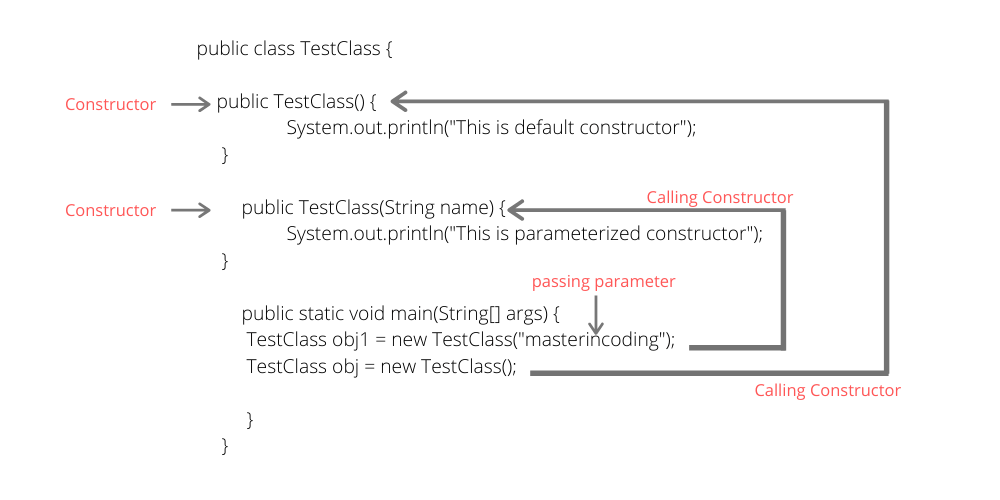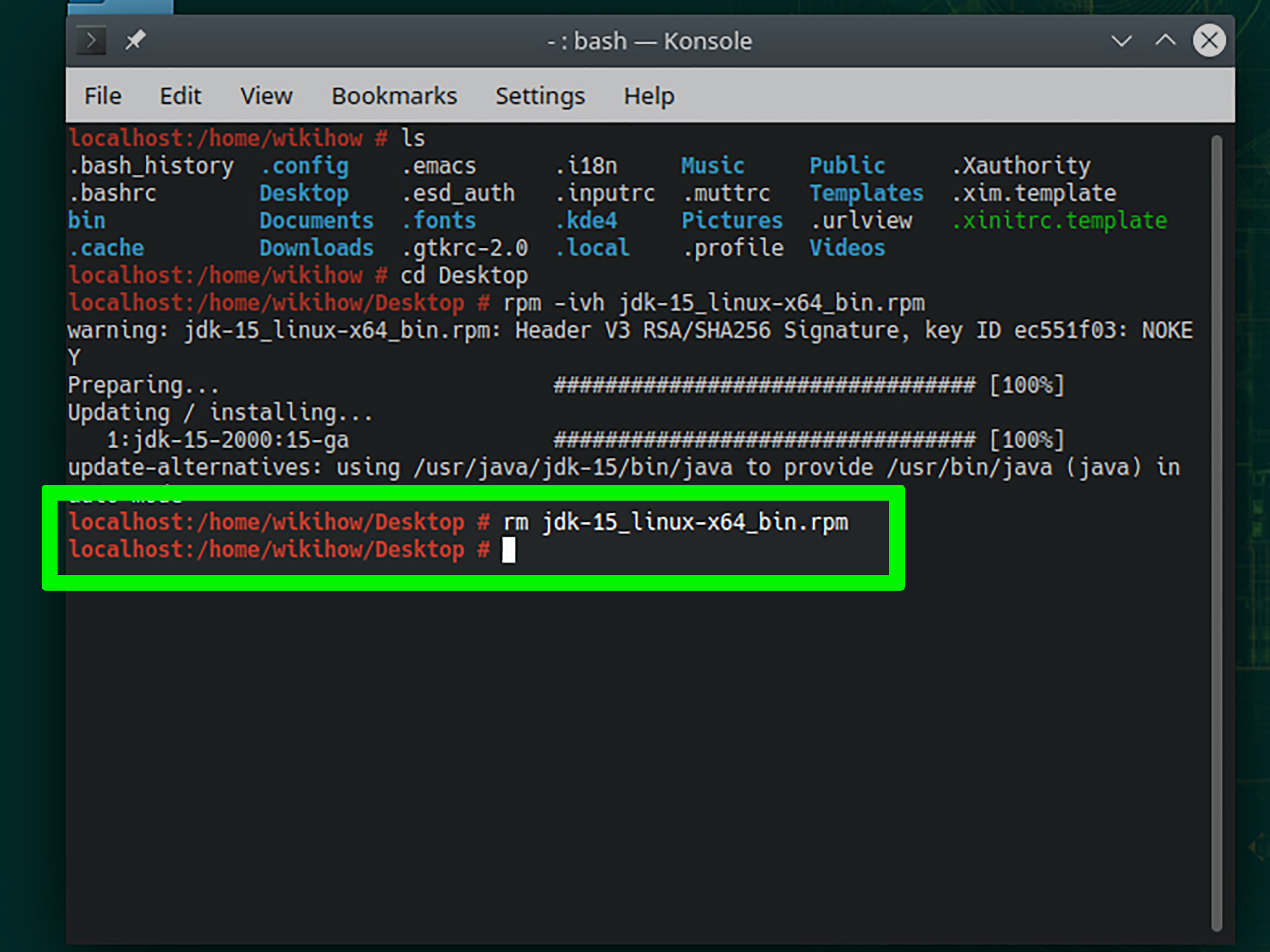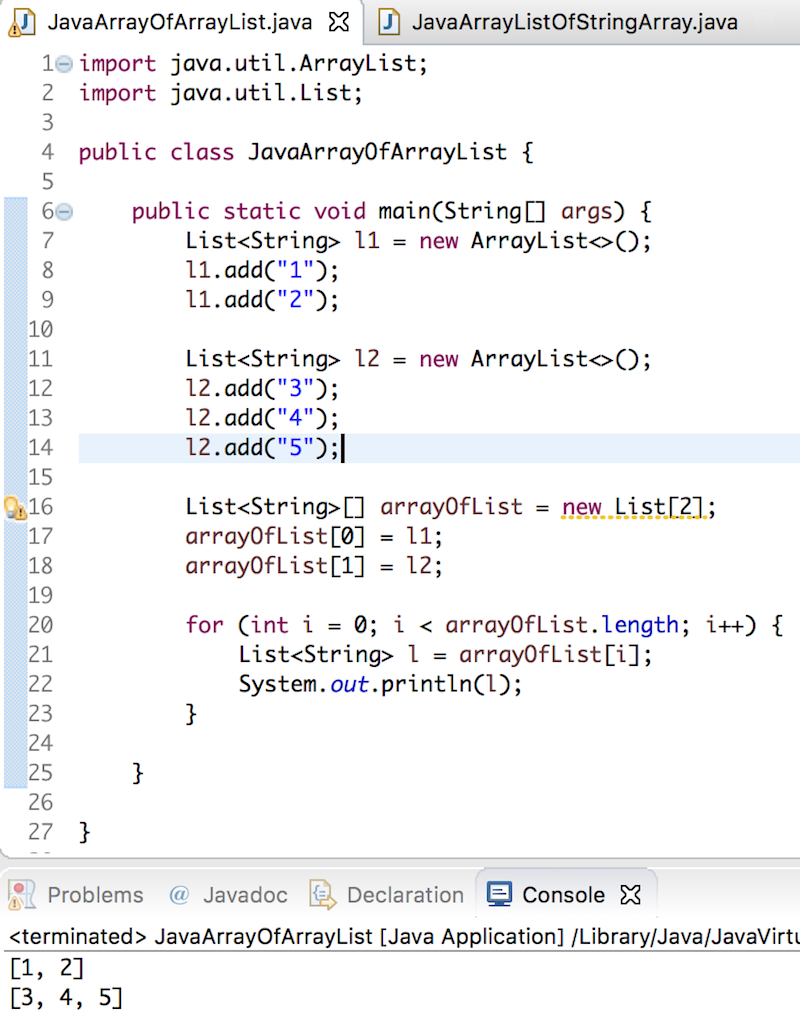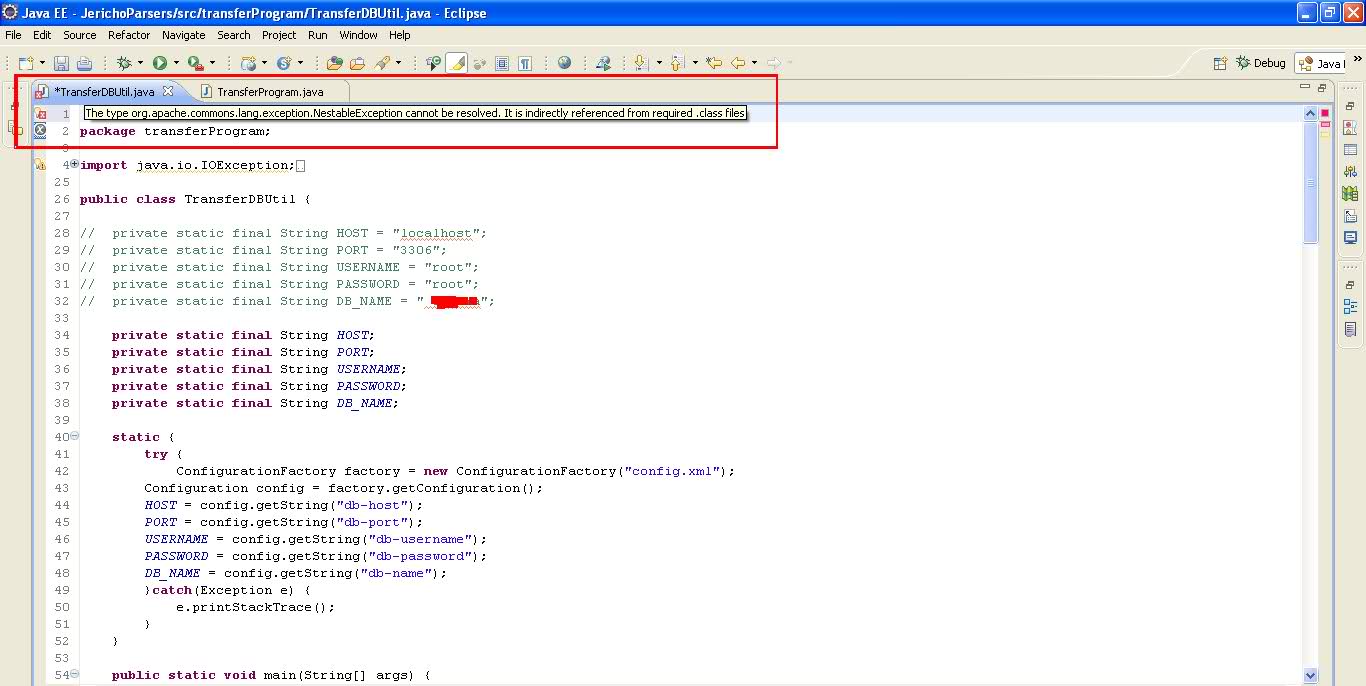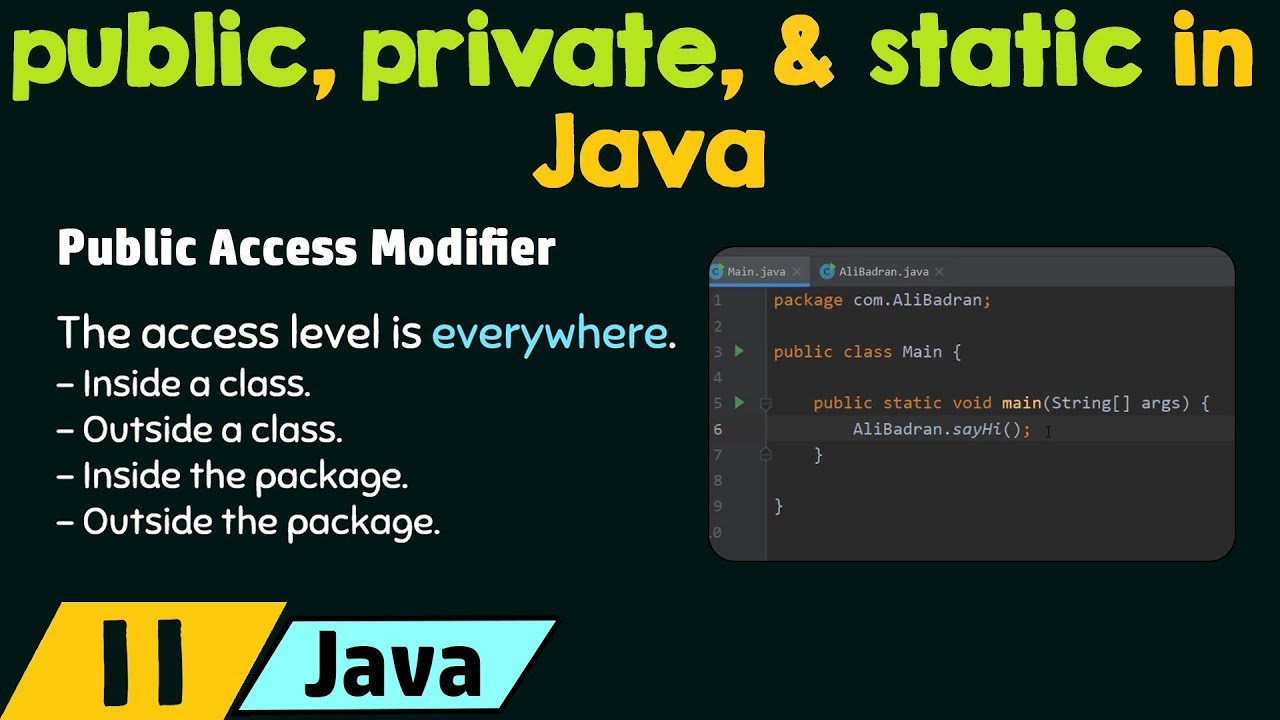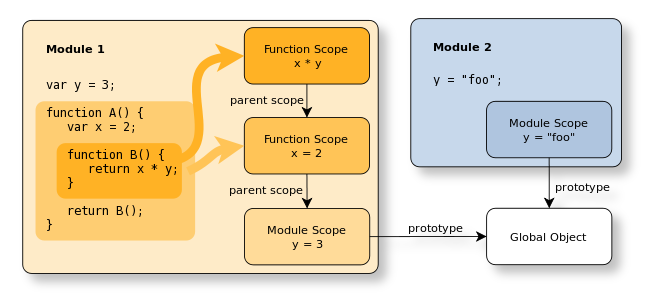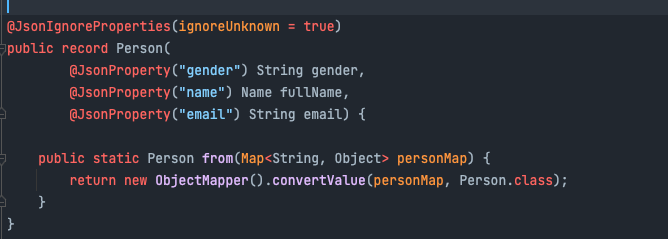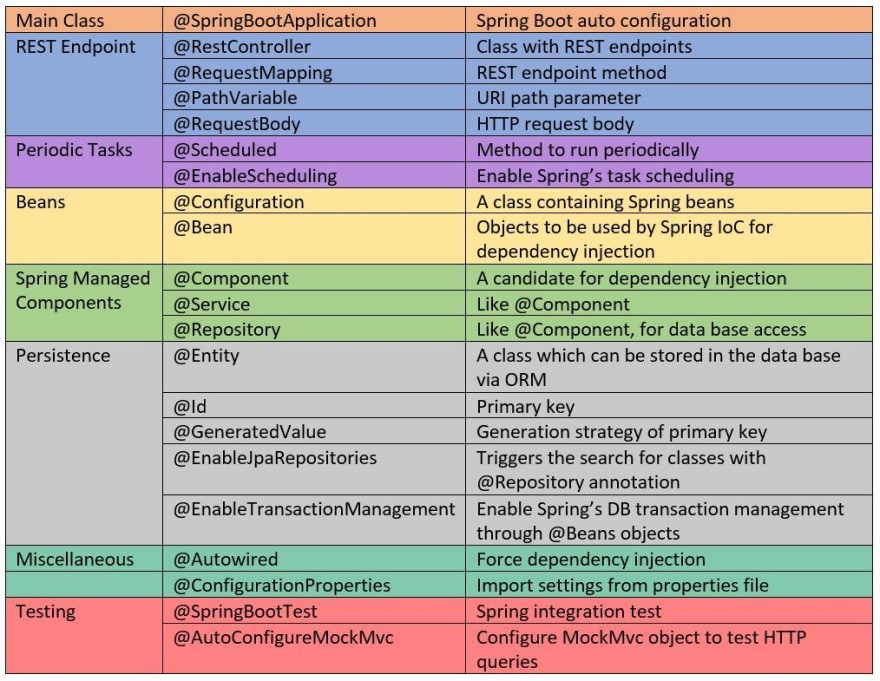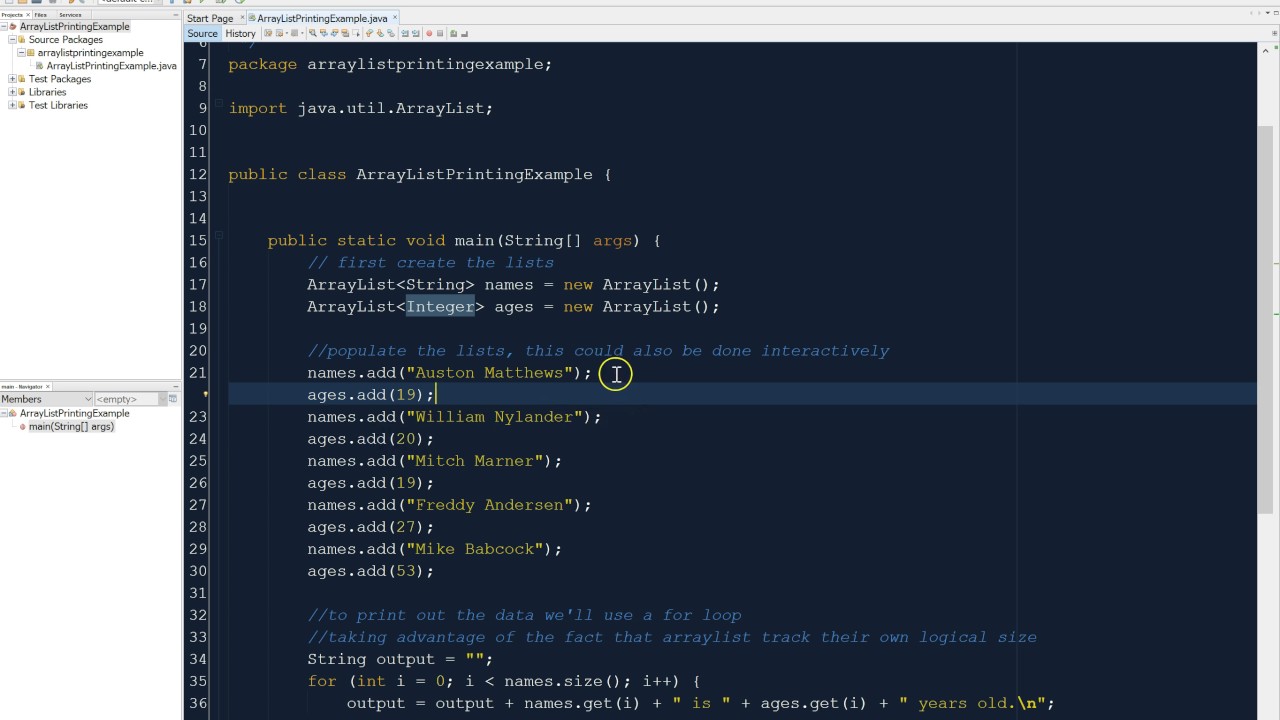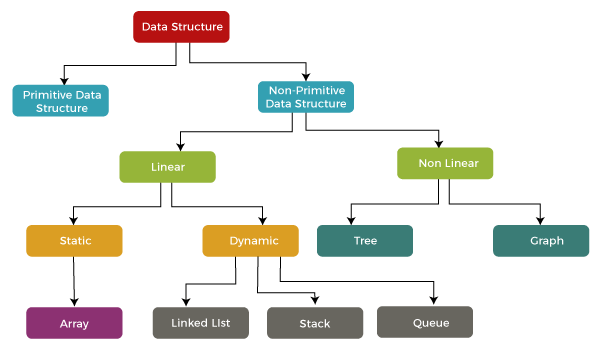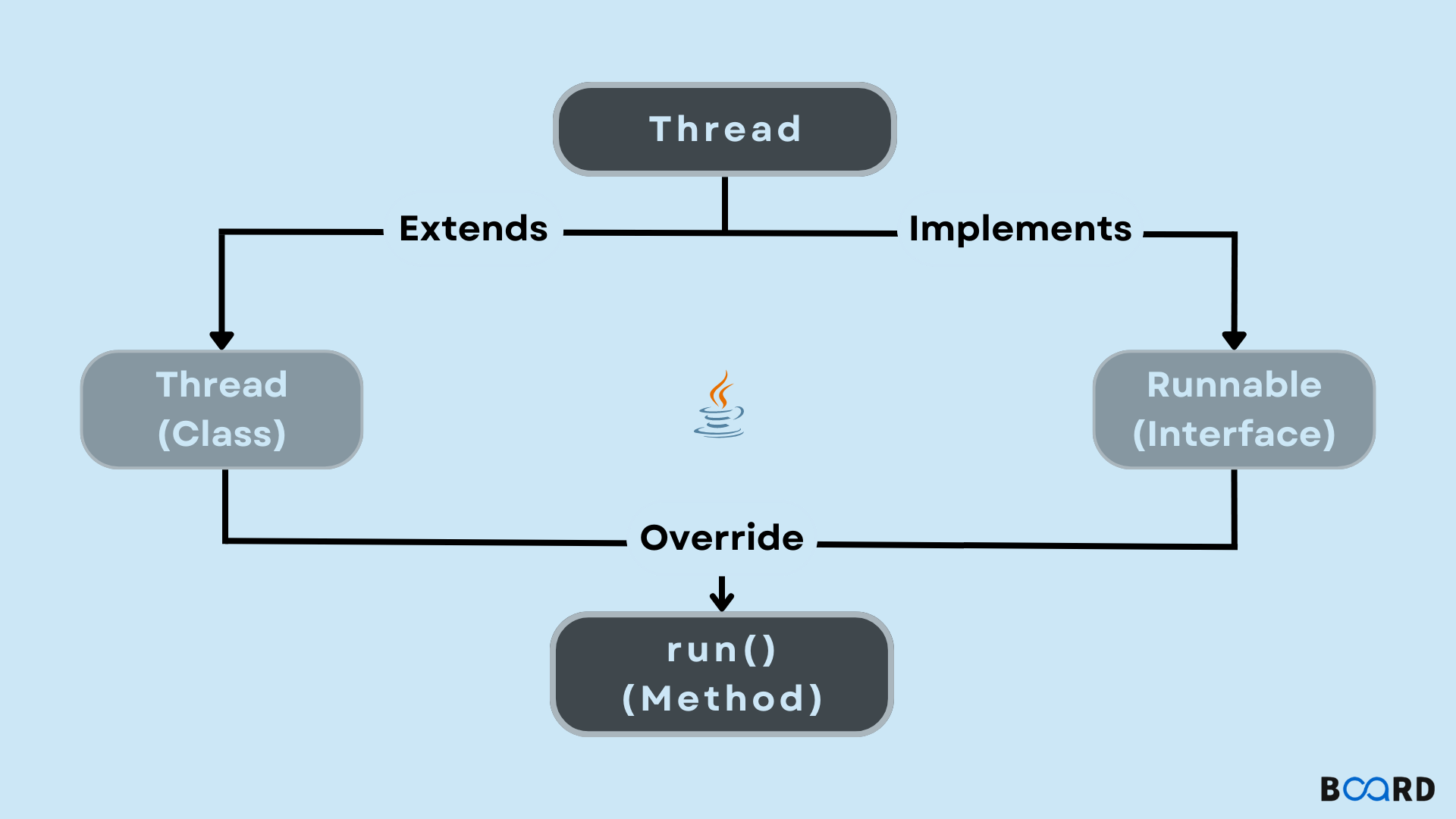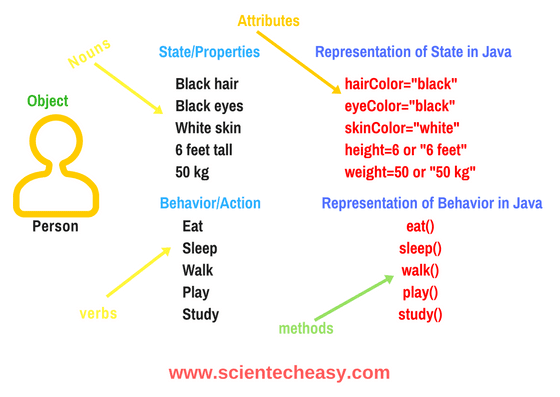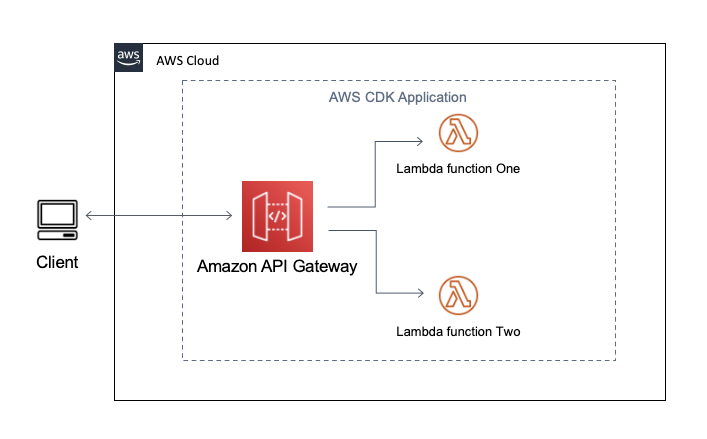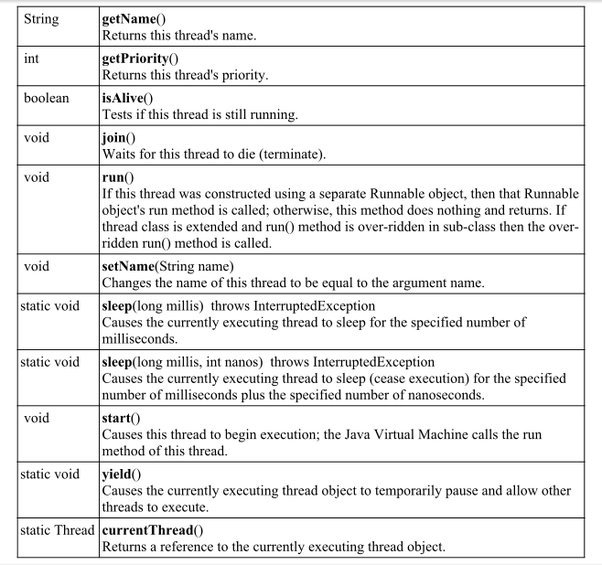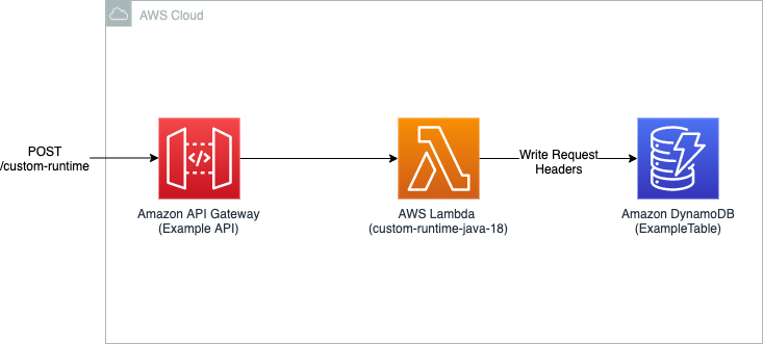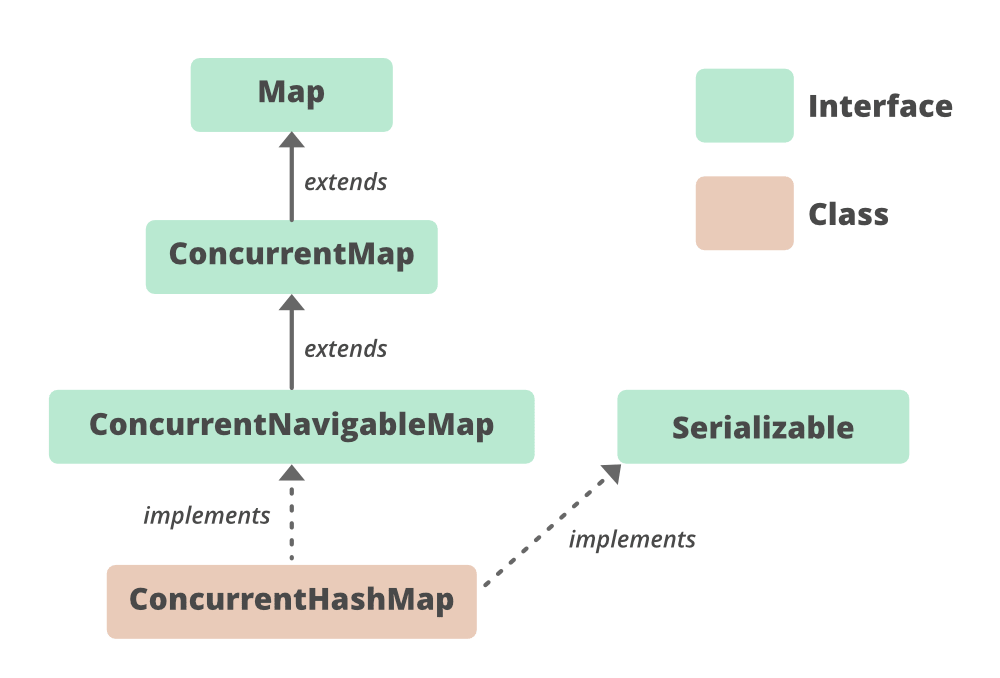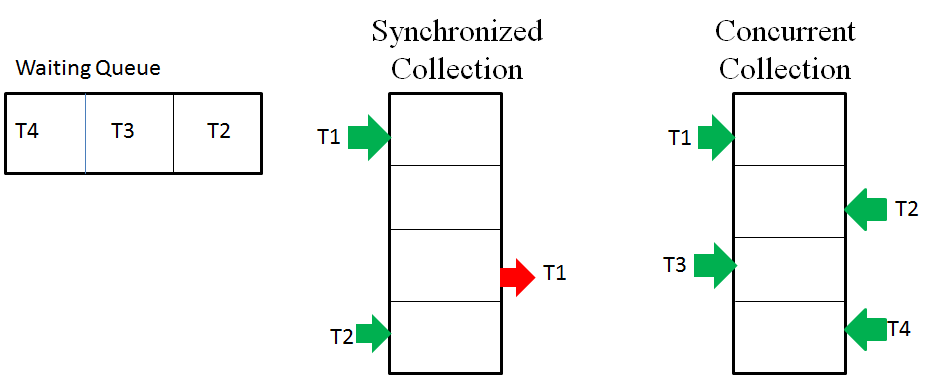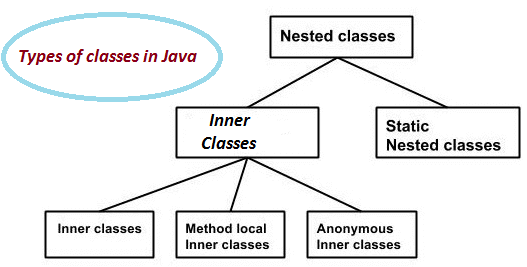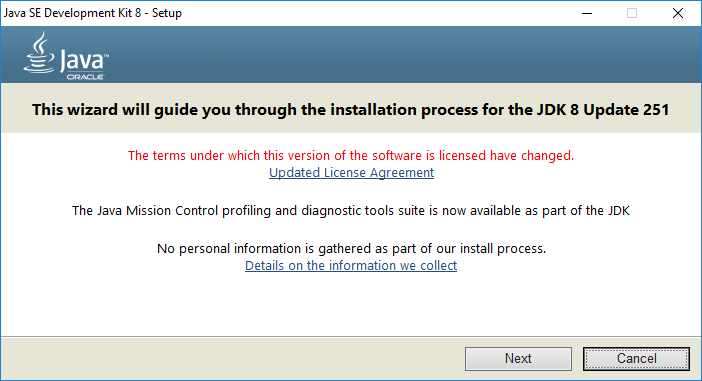Can we skip main method in Java?
Can we skip main method in Java?
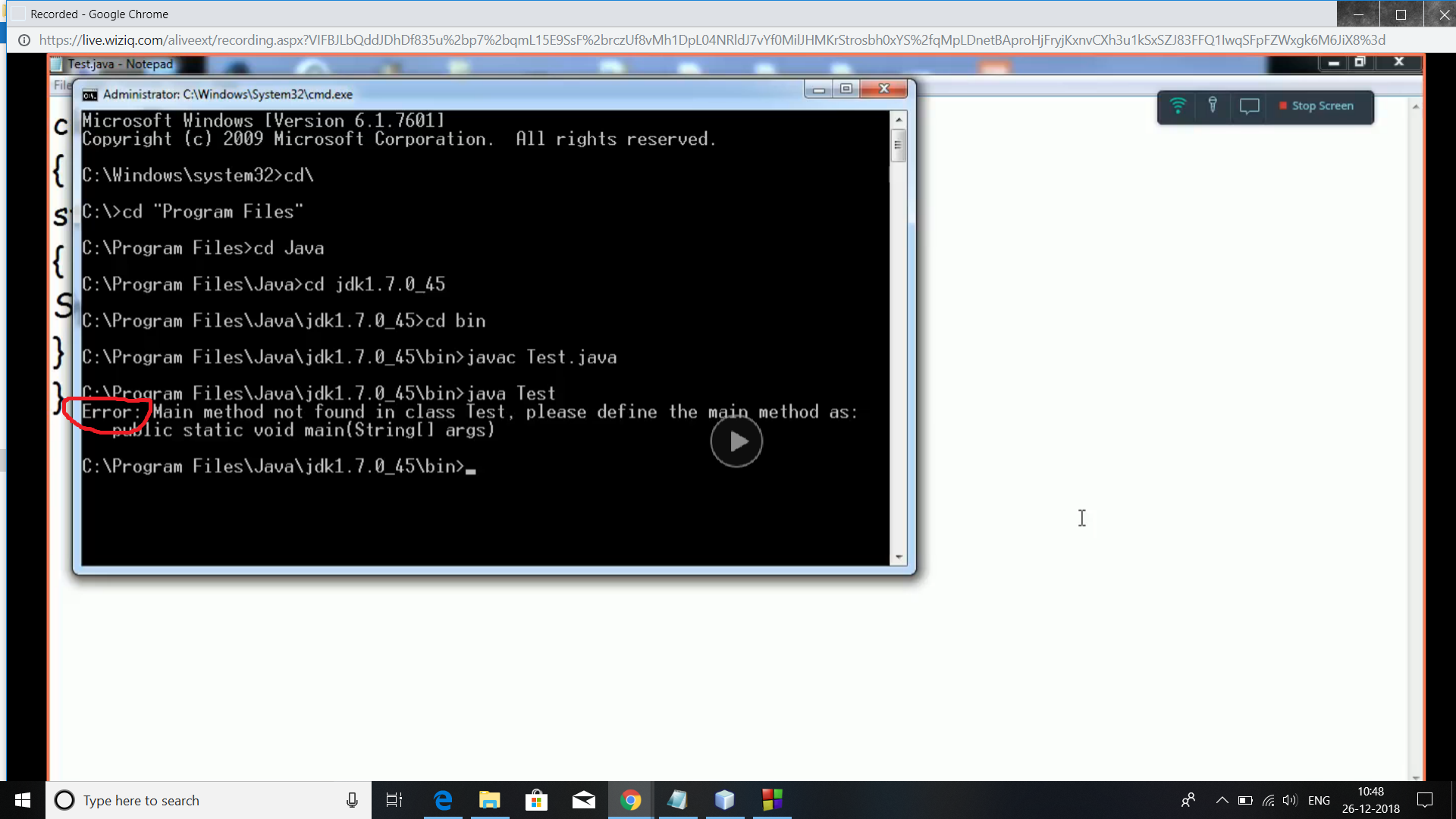
The age-old question: can we skip the main method in Java?
In Java, the main method is the entry point of any program. It's where the program starts executing when you run it. The main method has a specific signature: public static void main(String[] args). This means that it must be declared as public, static, and return type void, with an array of Strings (args) as its parameter.
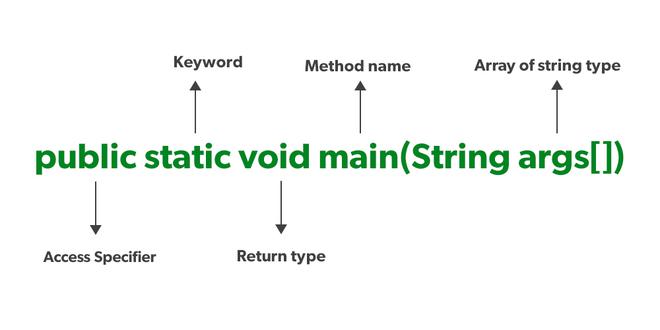
Now, can we skip this main method? Well, the short answer is no. In most cases, you won't be able to run a Java program without having a main method. This is because the JVM (Java Virtual Machine) looks for a main method when starting a new Java program.
But, there are some exceptions!
Applets: If you're building a Java applet, which runs in a web browser, you don't need amain method. Instead, your applet will be initialized and started by the web browser. Servlets: Similarly, if you're building a Java servlet, which runs on a server, you won't need a main method. The servlet container will handle starting and stopping your servlet. JNI (Java Native Interface): If you're using JNI to call native code from Java, you might not need a main method. However, this is a specialized use case, and you'll likely still need a main method for testing or debugging purposes.
In summary, while it's technically possible to build Java programs without a main method (e.g., applets, servlets), in most cases, you will still need one. And even if you don't need a main method, having one can make your code easier to test and debug!
So, the next time someone asks you about skipping the main method in Java, you can confidently say: "Well, it's possible, but usually not necessary, unless you're building an applet or servlet!"
Which method must exist in a Java program?
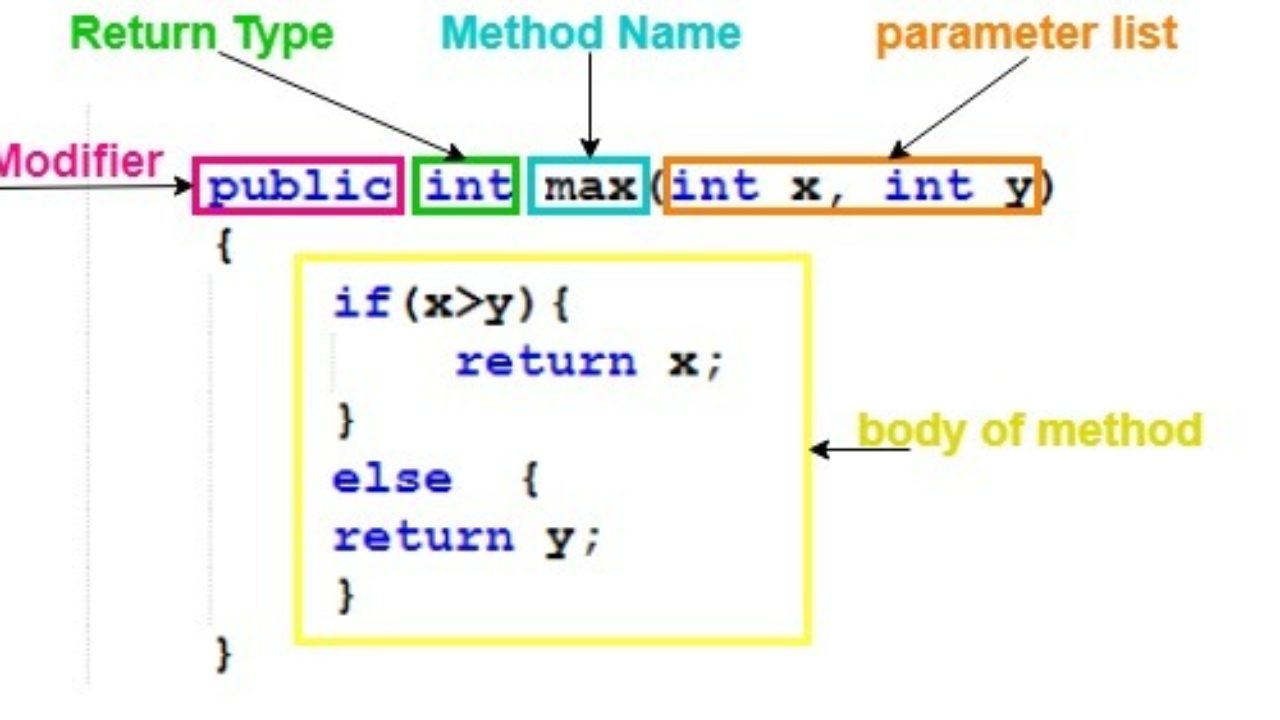
In a Java program, several methods are essential to ensure the proper functioning of the code. One such crucial method is the main method.
The main method is the entry point for any Java program. It's where the program starts executing its instructions. This method is responsible for initializing and configuring the program, and it's called by the Java Virtual Machine (JVM) when the program is launched.
The main method must exist in a Java program because it's the only method that can be directly executed by the JVM. When you compile a Java program, the compiler checks if there's a main method with the correct signature (i.e., public static void main(String[] args)) and ensures that it's defined within a class.
Here are some key characteristics of the main method:
main method must have the exact signature: public static void main(String[] args). Accessibility: It must be declared as public, meaning it can be accessed from outside the containing class.
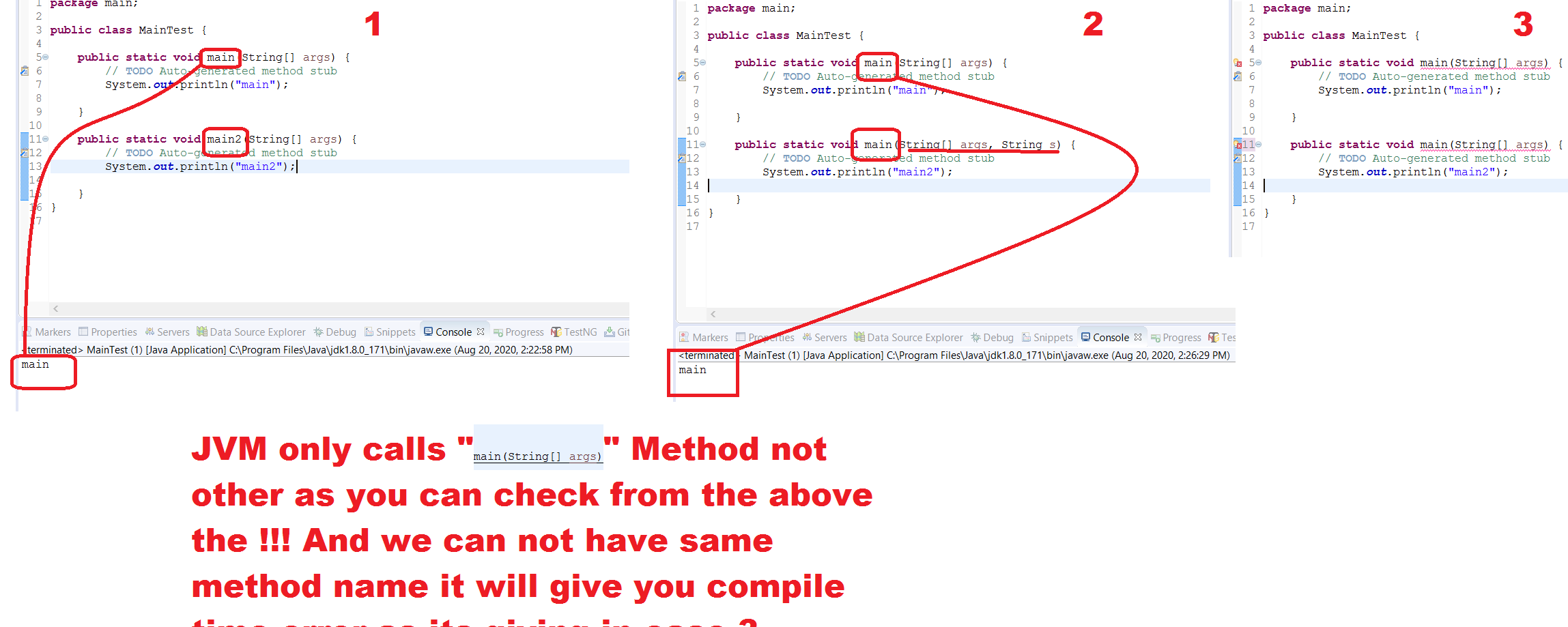
void, indicating that the method doesn't return any value. Argument type: The method takes an array of strings (String[]) as its argument, which represents the command-line arguments passed to the program.
The main method serves several purposes:
Other essential methods that may exist in a Java program include:
Constructor: A method that initializes an object when it's created. It must have the same name as the class and no return type. Methods for business logic: These are methods that perform specific tasks, such as data processing, calculations, or database interactions.In summary, the main method is a fundamental part of any Java program, serving as the entry point and initialization point for the code. Its correct signature, accessibility, return type, and argument type must be met to ensure proper execution by the JVM.
